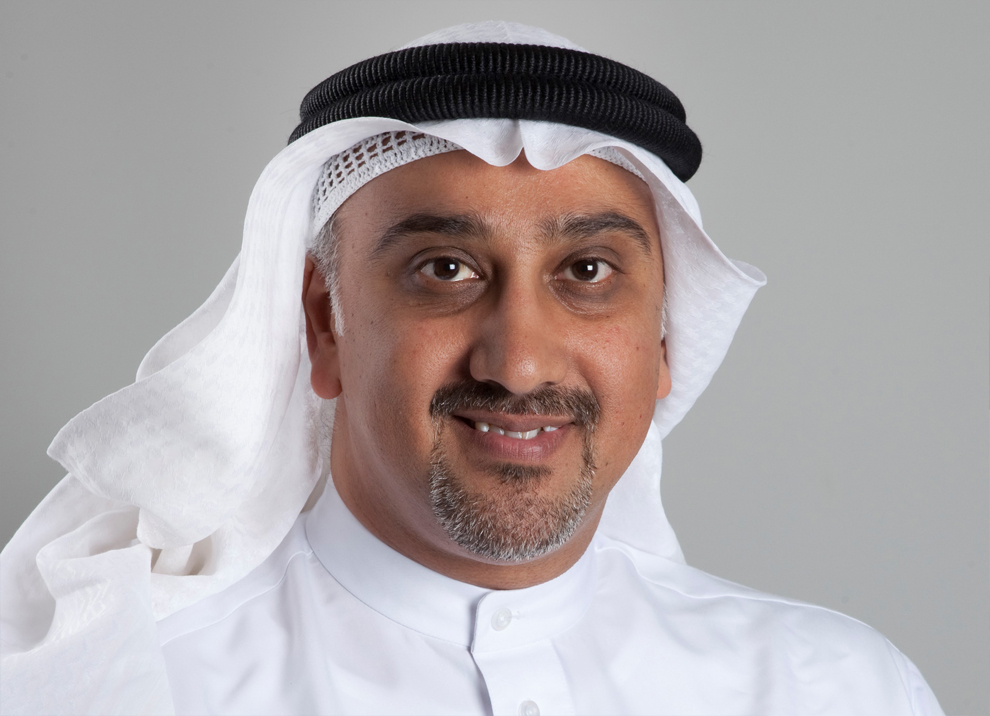

The Civil Service Bureau in collaboration with the Bahrain Institute of Public Administration (BIPA) organized a workshop on the training needs of all government agencies, which was attended by undersecretaries, assistant undersecretaries and directors. The workshop was held in line with the decisions of the steering committee, headed by His Royal Highness Prince Salman bin Hamad Al-Khalifa, Crown Prince, Deputy Supreme Commander and First Deputy Prime Minister, directing the Civil Service Bureau to proceed with the recommendations of the Government Training Sector Development Committee, and take the necessary legal steps.
His Excellency Dr. Raed Mohammed Bin Shams, Director-General of Bahrain Institute of Public Administration (BIPA) stated that the government leaders are key partners in the development of the government sector employees’ capabilities and competencies. By elevating the strategic thinking of those leaders, governmental training plans will be developed to address the actual needs of the public sector employees in alignment with the strategic plans of each Ministry. Thus, each trainee will properly and effectively benefit from the training program in a way that helps develop the human factor, while observing the requirements of rationalizing expenditures.
Dr. Bin Shams added that the training needs assessment is one of the fundamentals considered in the design of BIPA programs. After the lapse of 10 years of dedicated work, it will not be acceptable to enroll employees in training that do not suit their professional level, capabilities, and skills, and support their development, or simply to address the requirements of training hours. He elaborated that this is considered a waste of human, financial and time resources.
Dr. Bin Shams explained that BIPA took charge of meeting the aspirations of the employees by upgrading the government performance through addressing the training needs of the employees of the various ministries and government agencies. These efforts serve the country and citizens’ interests. BIPA services in the areas of training, consultancies, research, assessment and coaching are in line with its tripartite strategy, which focuses on the services that address the development aspirations, and help build the capabilities in a manner that cope with the continuous creative change, as well as introduction of polices and strategies for sustainable development.
On his part, the Director-General of Human Resources and Performance, Mr. Adel Hajji Ibrahim stated in his remarks during the workshop that the Civil Service Bureau always looks forward to develop, upgrade and enhance the efficiency of government services to develop the human resources of the civil service sector in the Kingdom.
The Director-General of Human Resources and Performance explained the importance of training and development as an essential means to upgrade the institutional performance by improving the employees’ performance and helping them acquire the knowledge, skills and behaviors required for the discharge of their responsibilities and duties. It is also worth noting that the training benefits cannot be attained without adoption of a scientific methodology to identify and list the employees’ actual training needs, which will help them reach the best outcome.
Mr. Adel Hajji Ibrahim also explained that accuracy and efficiency in identifying the employees’ training needs as per their responsibilities and career paths are considered essential for developing successful training plans. This helps upgrade the training efficiency, achieve the goals of the employees’ career path, and the professional succession planning. It also helps organizations make the best out of their training budgets to the highest possible level needed to upgrade the employees’ performance, meeting the training priorities of each government agency.
The Director-General of Human Resources and Performance concluded by highlighting the importance of collaboration between the Civil Service Bureau, BIPA and all government agencies in order to upgrade the employees’ efficiency through development and training, which reflects positively on the development of human resources at the government agencies in the Kingdom. Accordingly, “this will enable us to provide the best services for the citizens and the residents”, he concluded.
